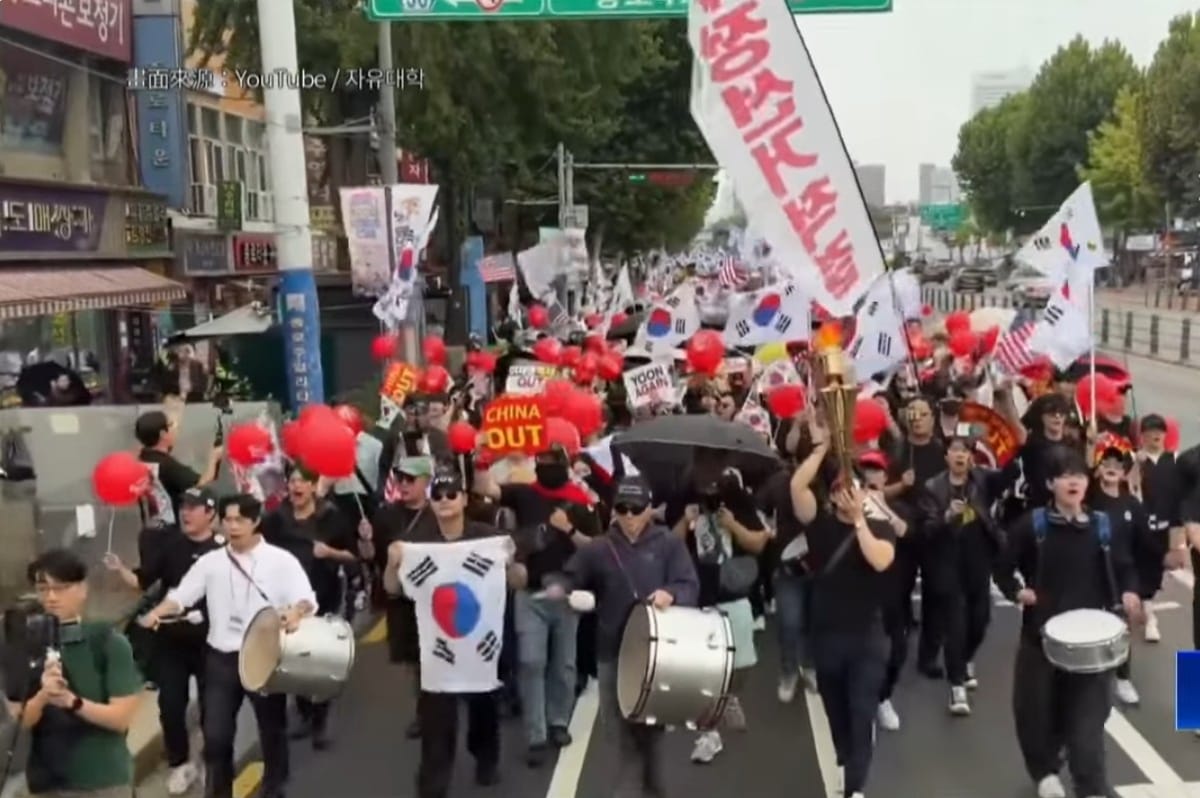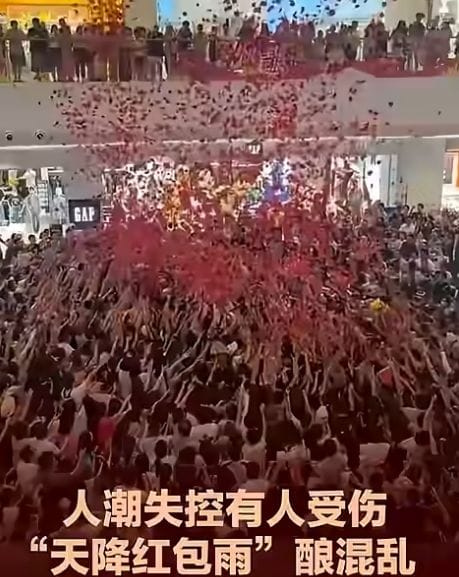Anti-China Protests in Seoul Over Visa-Free Entry
Thousands march in Seoul opposing the new visa-free entry policy for Chinese tourists, intensifying debates over security and national pride.

Why Are Thousands Protesting in Seoul? 🤔
Since late September, South Korea has witnessed an unusual wave of protests in the heart of Seoul. Over ten thousand demonstrators took to the streets on October 3rd, chanting slogans like "CCP Out" and "China Out". What sparked such a strong reaction? It’s all about a new visa-free entry policy for Chinese tourists proposed by President Lee Jae-myung.
This policy allows Chinese tourists to enter South Korea without a visa for up to 15 days until June next year. While it sounds like a straightforward move to boost tourism, it’s stirred a hornet’s nest among certain groups who feel this could be a potential risk and a threat to South Korea’s national identity.
Crackdown and Controversy: When Speech Meets Politics 💥
On October 2nd, President Lee ordered a crackdown on the protests, condemning the use of hate speech which he said damages Korea's national dignity. This moves only added fuel to the fire, with many accusing the government of suppressing free speech. The crackdown sparked outrage among conservative groups, especially "Liberty University" — a key organizer of the anti-communist protests.
These groups argue that allowing visa-free access to Chinese tourists is not just about tourism; it’s about opening the door to what they call "communist influence" right on South Korean soil. They fear it may lead to increased political and cultural tensions, especially given the complicated relations between South Korea and China.
Economic Gains vs National Security: A Delicate Balancing Act ⚖️
On the one hand, the visa-free policy aims to jumpstart South Korea's tourism sector, which has suffered tremendous losses due to the COVID-19 pandemic. Countless Korean businesses are counting on tourist money, and Chinese tourists make up a significant portion of visitors to South Korea.
On the other hand, for many citizens, the policy feels reckless — a disregard of security concerns and cultural preservation. Thoughts like, "Could this encourage illegal immigration?" or "Is this a loophole for political propaganda?" are heard loudly at these rallies.
It's a typical case of economic opportunity versus national pride and security, and so far, neither side seems willing to budge.
Final Thoughts: More Than Just a Visa Policy
This protest movement is a clear signal that visa policies are never just about paperwork — they tap into deeper veins of national identity, security, and the public’s trust in government decisions. South Korea finds itself at a crossroads, facing the challenge of welcoming tourists while preserving its sovereignty and social harmony.
Whether President Lee's government will adjust or double down on the visa-free policy remains to be seen, but one thing is clear: when policies hit this nerve, the streets will speak loud and clear. ✊




